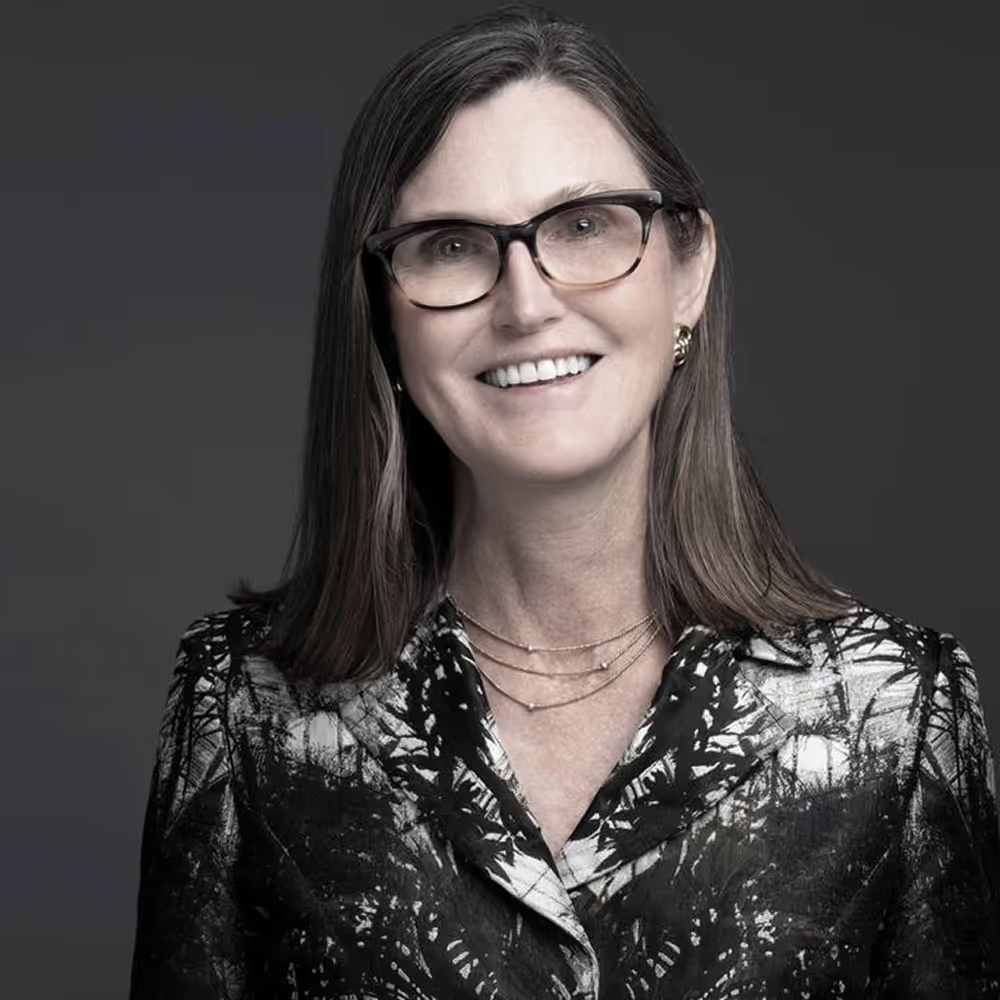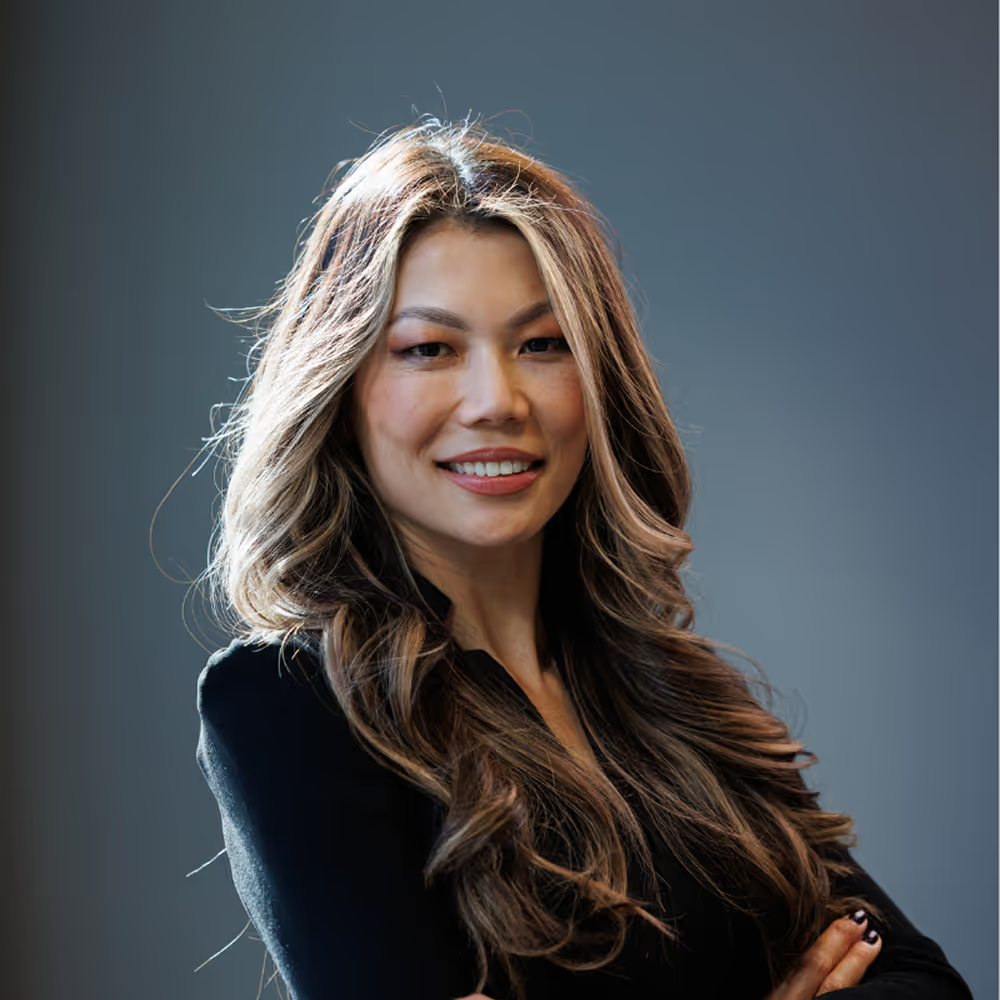Qiao Ma says her stock pitch for the Sohn Hearts & Minds Conference on Friday belongs to an industry that will “make people cringe”.
That isn’t deliberate but it will prove her point that management trumps all else.
“We don’t always have to pick a stock in an industry that we think has massive tailwinds,” the Harvard-trained portfolio manager of Cooper Investors Asian Equities says.
“Even in a really challenged industry, if you are just the best-in-class — a star athlete — you’re going to be awesome. But I’m not out to pick a fight, I just happen to think it’s an awesome stock.”
It’s a big part of the investment philosophy adopted by the founder of the $11.9bn fund manager — Peter Cooper — when he started the company 20 years ago.
The premise of that philosophy — tested in long-only equity strategies across many different markets — starts with the observation that everyone runs the same models and does the same kind of analysis.
That poses the question: what value can an active manager bring to the table and how can they make money if everyone has the same idea and the same information?
“In many ways, we believe the edge actually lies in the human beings themselves,” Ma says.
“If you have two companies that do the same thing in the same industry, what sets them apart is the people that run them. What we’ve learnt about different markets is pretty mind-boggling.
“Most bottom-up analysts would agree that management is critically important, but Cooper Investors aims to understand the people at the top and what drives them at a deeper level.
“What’s their personality, their motivation ... there are a lot of different things that come from drilling into management,” says Ma. “We look at their life experiences, their choices, their friends, what they do in good times and bad times — not just in business but also on a personal level.”
If management does something that hurts the outlook for a stock owned by Cooper Investors, it will typically exit.
Interestingly, the Melbourne fund manager has found that while this philosophy works well in efficient markets like the Western markets, it works even better in the less efficient markets.
“The less efficient the market is, the better this works, because there’s a lot of information disadvantage, and in the Asia fund which I run, you have this interesting dynamic,” Ma says.
“Think about an Australian company, where you have a person with very high passion, drive and integrity, and they own 30 per cent of the business, and his competitors are run by professional teams with very professional boards — they might not be as ambitious, motivated or creative as the first person, but they are still pretty solid people making rational decisions.
When you take the same analogy to Asia, you have the same entrepreneurial, driven, passionate person of integrity, but his competitors are state-owned enterprises, or in some cases, moms and pops that basically just appoint the founder’s aunties and uncles into various positions.
“It’s much easier to beat them. That’s really why, when you find a team, or a founder who fits all the criteria that Cooper Investors sets — then when these guys compete, it’s like running a hot knife through butter.”
In fact she sees a “massive consolidation story in Asia” and “plenty of market share to gain”. Even in China she maintains management is key.
“There are definitely industries, like telecoms and banks, where it’s obvious that the government doesn’t want other businesses to go in, so as a private investor we wouldn’t touch those sectors.
“But there are plenty of industries in which the government lets private business flourish.
“The industries where we invest in China include the technology, consumer and healthcare sectors, where private businesses are left to flourish and there are no really dominant state-owned enterprises.” Cooper Investors tends to have the conviction to hold on to the stocks in its portfolio and potentially buy more through downturns.
“Clearly a lot of things happened in the last two years, but macro matters even less today,” Ma says.
“I can give you 10 examples of where not only a country’s economic growth rate doesn’t matter, but not only that, the industry growth doesn’t matter when you have the best-in-class company.
“So the demarcation between individual performance and all these macroeconomic things in the bigger picture that we all love talking about, has never been greater.
“We are looking at star athletes and, frankly, I don’t care which industry they’re in.
“The trade war, COVID — despite these, the star actually performs much better because they manage this crisis so much better than their competitors.”
Ma grew up in China and went to school in the US before attending Harvard Business School, then starting her career in investment banking and working for a hedge fund in New York.
She knows what best-in-class looks like because she sat across the table from some of the best.
“Today I can put together a portfolio of 40 Asian companies that I consider to be best-in-class managers — not just in China or Asia, actually at a global standard, whereas 10 years ago I couldn’t. If you look at these best-in-class management teams we find most of them have one or two senior executives who have a very deep, Western education or work experience, and are mostly natives.”
This article was originally posted on The Australian here.
Licensed by Copyright Agency. You must not copy this work without permission.



.jpg)


.avif)




